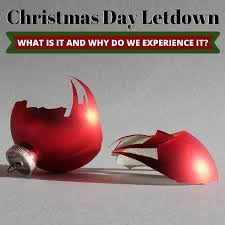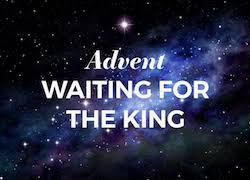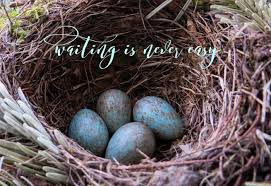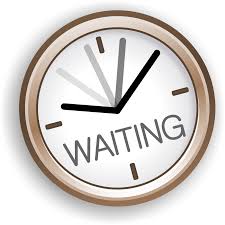
Christmas past
What do you want for Christmas this year? What’s your ask? When I was a child, my anticipation of Christmas was so high. I remember the special journey to see the animated Christmas displays in the store windows in downtown Kansas City, Missouri. The shops on “Petticoat Lane” and the special baked goods at “The Cake Box”. There was no sitting on Santa’s lap and sharing our list of wants, but endless nights of looking at the special Christmas catalogue from Sears, J.C. Penney’s, and “Monkey Wards” (Montgomery Wards). What a wonderful and magical time!
But I’m no longer a child. To the contrary, I’m a grandmother and family elder. Now as I anticipate Christmas, I ask myself, what do I want? What are my choices? Things eternal or things of this world? Now I must look beyond Christmas Day with its torn wrapping paper and empty boxes. I want something that lasts beyond Christmas Day. Don’t you? As we close out this year, I invite you to join me in answering this question for yourself.
What’s on your list?
Harry & David suggests we warm hearts with festive gourmet gifts and Christmas gift baskets. That’s no surprise! “Do it Yourselfers” ensure us that handmade gifts will be received with joy: polaroid photo magnets (try finding a polaroid camera), beautifully packaged cookie mixes or pretty finger knit blankets. Who has the time?
Topping the list of the 23 “hottest cool gadgets” for Christmas is a Black Bird drone with camera for $99. “For the first time, ordinary people can capture crazy selfies and shots that were previously only possible with professional equipment.” I’m sure our neighbors and friends will love sharing in on this gift.
But what do people really want?
Here are some things to consider as you plan your gift shopping.
In an article entitled The Top 10 Things People Want in Life but Can’t Seem to Get, I was amazed in reading the responses to this informal survey that probed “critical life and career questions.” From my reading, I compiled (in their order of importance) the top five (5) areas people are feeling desperate about: happiness, money, freedom, peace, and joy. I’ve included a sixth, balance, since it is the focus of many Millennials and Genxers. What was surprising was that most of the items were intangible, subjective (what I can feel), and internal versus external.
In the aftermath of COVID (before the variants), people wanted “relationship”. A few verbatims are captured below recognizing the extraordinary power and satisfaction that can only be found through our connection with one another.
- “Have a big family get together!”
- “Go to a game and watch some sports!”
- “See my mom in assisted living.”
- “Make sure all my friends are cured too, then we’ll party!”
A new Barna Group report was released this month on trends in the Black church[1]. When asked what churchgoers wanted for their lives, the results were as follows:
- 84% wanted good health
- 83% wanted a close relationship with God
- 77% wanted to provide for their family
- 75% wanted a clear purpose for living
Note the focus of the three groups. They were primarily, intangibles, subjective, and internal.
What I want for Christmas 2022
Challenges will continue in 2023. Financial upheaval, political squabbles, shortages, rising social needs, hunger, and homelessness (regardless of the new names). What do we need? What do we want?
After conducting my personal survey among friends and family, I’ve created a revised “short Christmas list”. Many of the items on this list have been sermonized during this season of Advent. They are hope, peace, joy, and love.
-
- Hope—”expecting a better future for the world, our nation, and our families”
- Peace— “less hatred, division, and political strife”
- Joy— “more contentment and gratitude regardless of our situation”
- Love—”better relationships and greater compassion for others”
Reflecting on the various lists of “things” people desire, it is clear, God has already provided these and much more. Happiness, freedom, and balance. God will provide it. Relationship. God will be whomever we need in our life. Hope, peace, joy, and love. In Him and in His presence, we will find more than we need (Eph. 3:20-21). It is up to each of us to access our heavenly gifts through faith and obedience to God. In Christ, all these things are currently ours.
Below are my “gift lists” available to us through relationship with our Heavenly Father, Who only gives “good and perfect gifts” (James 1:17). God’s gifts last beyond the torn tissue and open boxes. They last beyond Christmas day through all of eternity. With God and in Christ, every day is Christmas.
- Ephesians 1:3-17
- 2 Peter 1:3-18
[1] This report was created in partnership with Black Millennial Café, Urban Ministries, Inc., Compassion International to celebrate the legacy of the Black Church in America and to pursue racial justice inside and outside the Church. With that intent, there is no comparative study for White churches.









